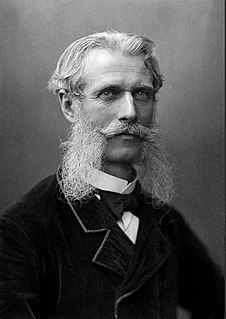A Quote by Gautama Buddha
Freedom and happiness are found in the flexibility and ease with which we move through change.
Quote Topics
Related Quotes
The happiness we seek cannot be found through grasping, trying to hold on to things. It cannot be found through getting serious and uptight about wanting things to go in the direction we think will bring happiness. We are always taking hold of the wrong end of the stick. The point is that the happiness we seek is already here and it will be found through relaxation and letting go rather than through struggle.
The paths by which people journey toward happiness lie in part through the world about them and in part through the experience of their souls. On the one hand, there is the happiness which comes from wealth, honor, the enjoyment of life, from health, culture, science, or art; and, on the other hand, there is the happiness which is to be found in a good conscience, in virtue, work, philanthropy, religion, devotion to great ideas and great deeds.
People who dream when they sleep at night know of a special kind of happiness which the world of the day holds not, a placid ecstasy, and ease of heart, that are like honey on the tongue. They also know that the real glory of dreams lies in their atmosphere of unlimited freedom. It is not the freedom of the dictator, who enforces his own will on the world, but the freedom of the artist, who has no will, who is free of will.
True health begins with your thoughts. Thinking about comfort, strength, flexibility and youthfulness attracts those qualities into your life and body. Dwelling on illness, fear, disease and pain does just the opposite. Your work is to notice and change your thoughts and move them in the direction of health and happiness.
The very flexibility and ease which make men's friendships so agreeable while they endure, make them the easier to destroy and forget. And a man who has a few friends, or one who has a dozen (if there be any one so wealthy on this earth), cannot forget on how precarious a base his happiness reposes; and how by a stroke or two of fate --a death, a few light words, a piece of stamped paper, a woman's bright eyes --he may be left, in a month, destitute of all.






























